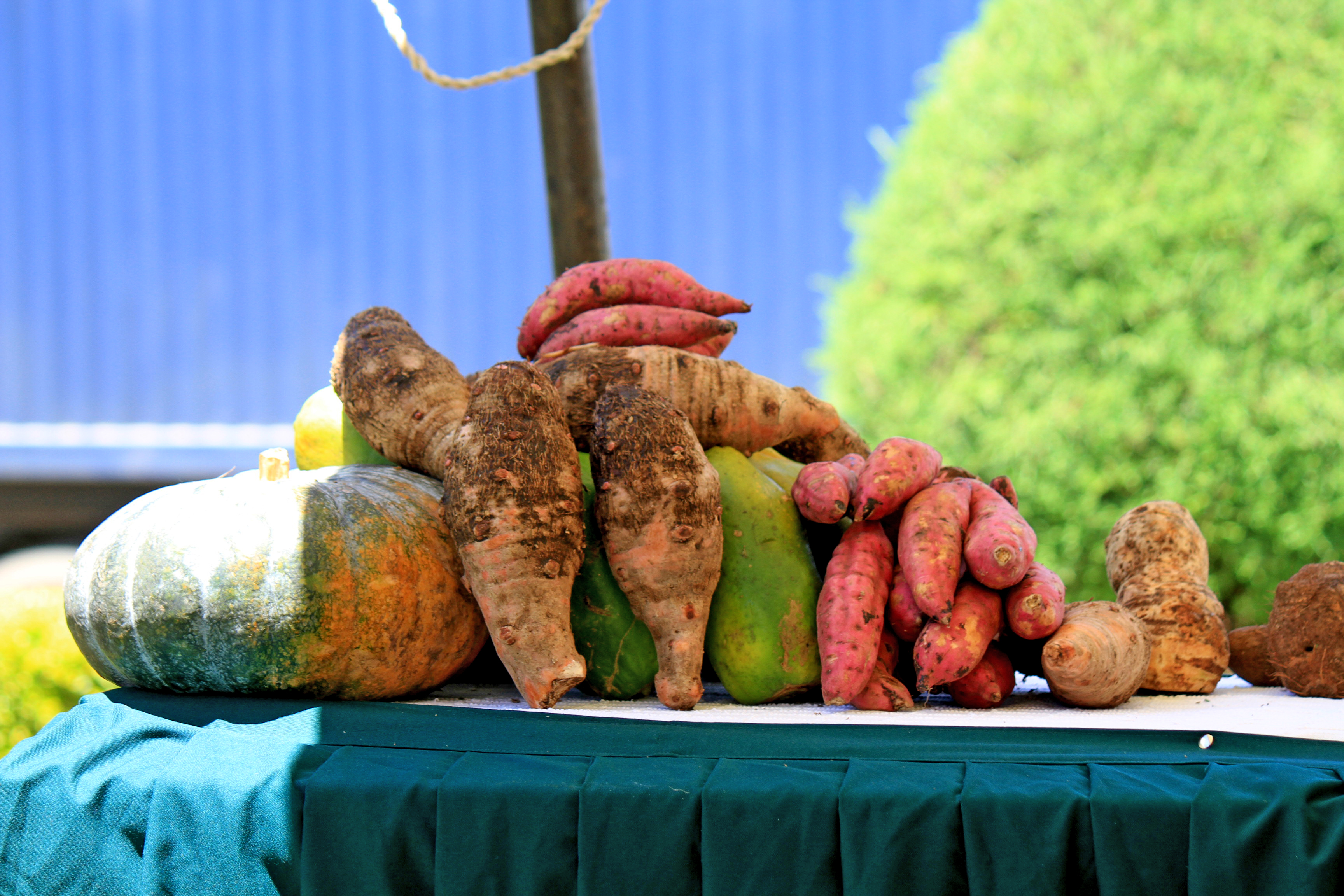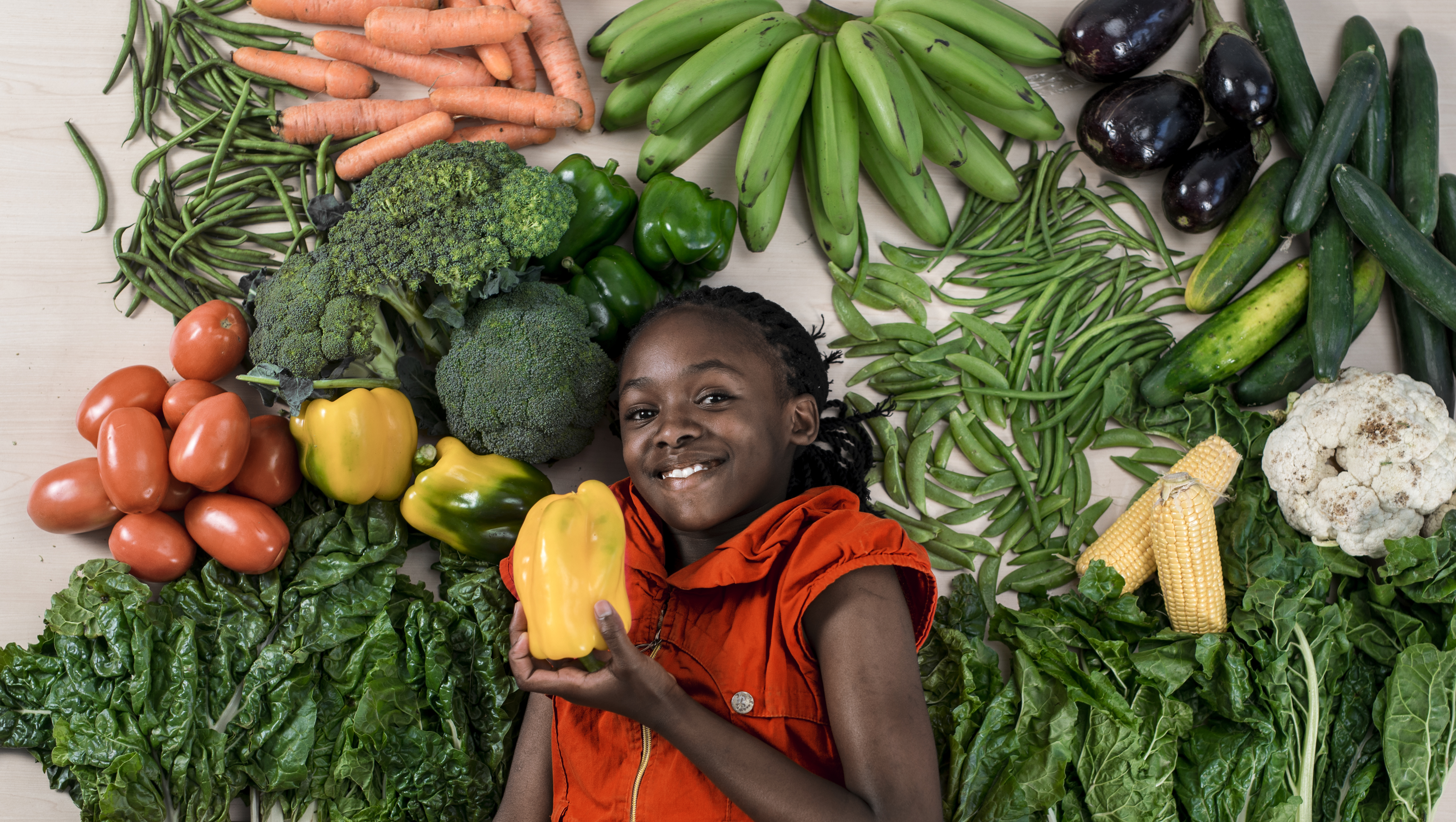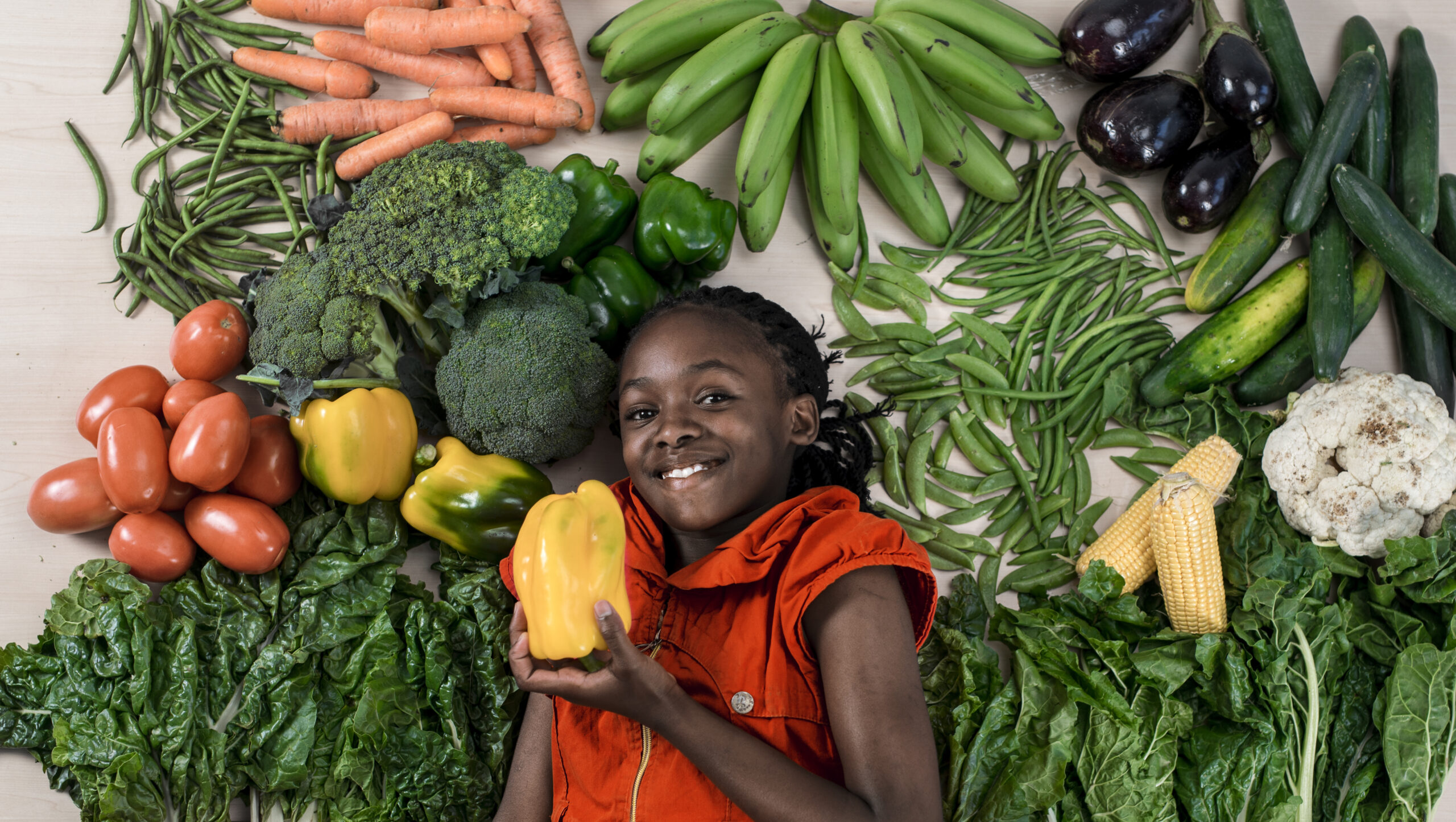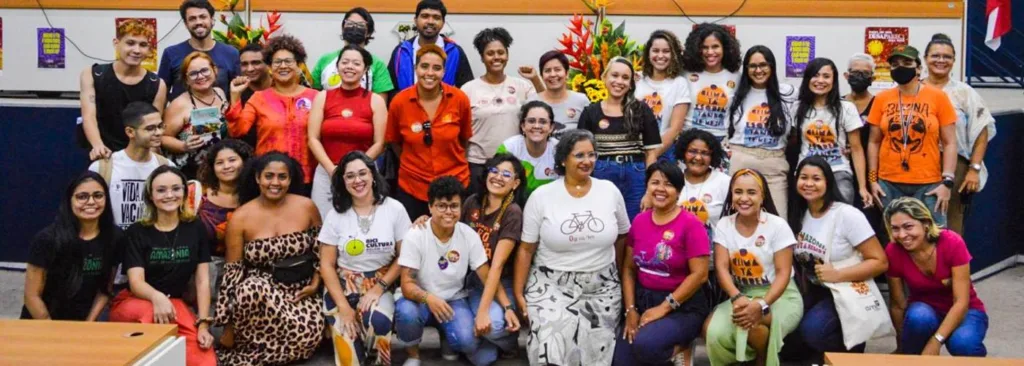Uganda is famous around the world for its richness in terms of biological diversity. Whether one is in Northern or Central Uganda, chances are you have access to a greater variety of food than your parents or grandparents once did. But even as the offerings become more diverse, the global diet as a whole – what people actually eat – is becoming more homogenized, and this is a dangerous thing. What we, in Uganda, have in common with most of the world is that some of this richness is being lost.

In this regard, under the Sustainable Diets for All program, Hivos together with Food Rights Alliance, Volunteer Efforts For Development Concerns (VEDCO), Kabarole Research Centre, Slow Food Uganda, Makerere University and Bioversity International, will hold an array of activities in Kampala in commemoration of the International Day for Biological Diversity, which is observed globally on May 22. Among the planned activities is a gallery walk of over 70 catalogued indigenous foods and an exhibition of about 14 millet varieties and 60 bean varieties. There will also be a display of local foods sourced from various parts of Uganda.
Through the events, Hivos and partners aim to generate discussion on ways to mobilize and catalyze action around our concerns regarding health, nutrition, and food systems. We also seek to raise awareness on how to conserve and sustainably use biodiversity for our well-being. Among the topics to be discussed include: what constitutes a healthy diet in a sustainable food system; what is categorized as a ‘threat’ to biodiversity in the world and in Uganda today; and, which actions can support and speed up the transformation of food systems to benefit biodiversity.

The International Day for Biological Diversity’s theme aims to leverage knowledge and spread awareness of the dependency of our food systems, nutrition, and health on biodiversity and healthy ecosystems. The theme also celebrates the diversity provided by our natural systems for human existence and well-being on earth, while contributing to other goals, including climate change mitigation and adaptation, ecosystems restoration, cleaner water and zero hunger, among others.




